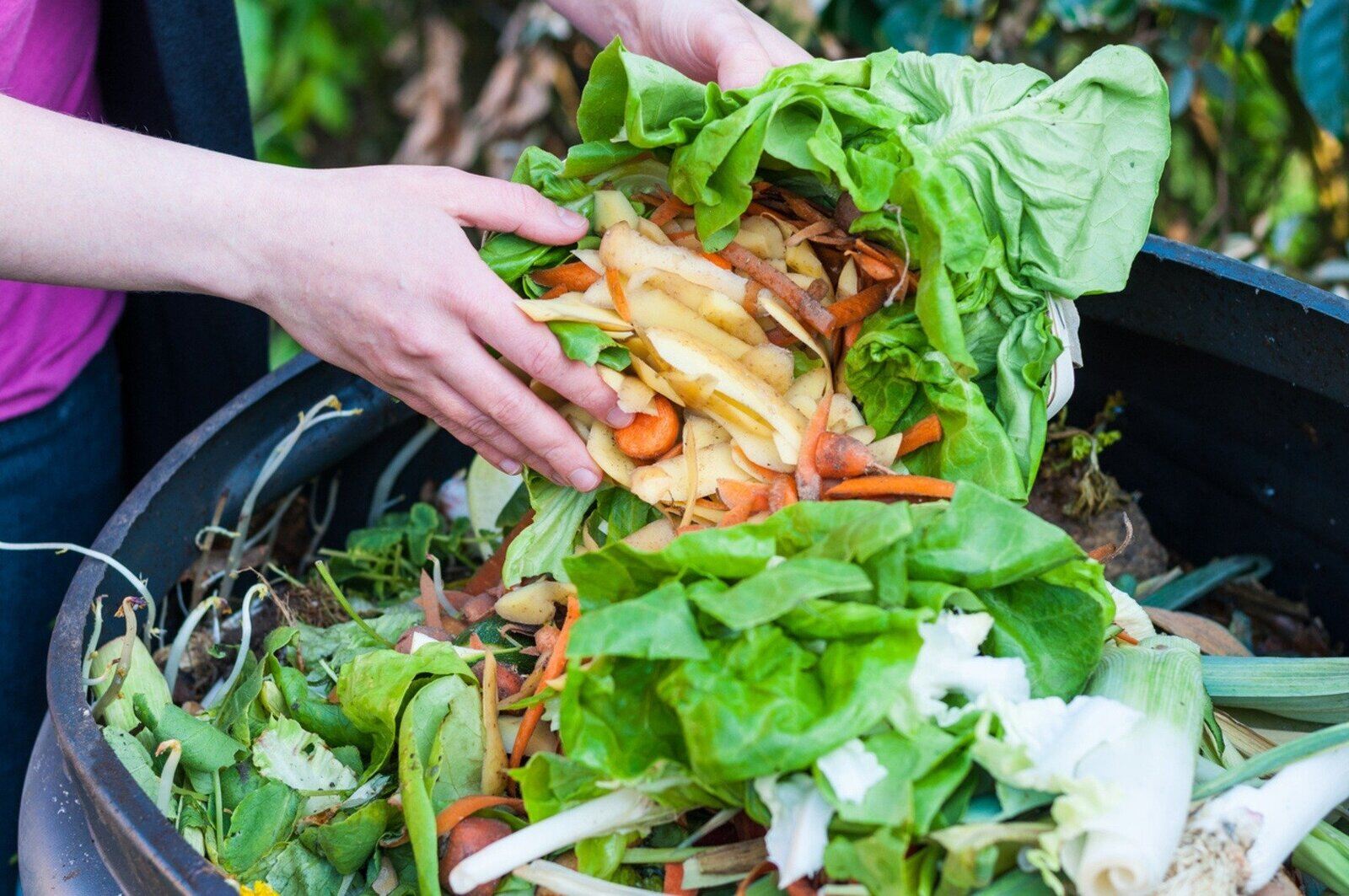
Ever wondered how much food gets tossed out every year? Well, you're not alone! April 24th marks Stop Food Waste Day, a global event aimed at raising awareness and tackling the issue head-on. With millions of tons of food wasted annually, this day serves as a critical reminder of the impact our habits have on the planet. But, why should we care? Reducing food waste is not just about saving leftovers; it's about conserving resources, saving money, and feeding more people. In this blog post, we'll dive into nine eye-opening facts about Stop Food Waste Day that will make you think twice before throwing out that half-eaten sandwich. Ready to become a food waste warrior? Let's get started!
Key Takeaways:
- Stop Food Waste Day, on April 24th, raises awareness about global food waste. Individuals can make a difference by reducing waste at home, composting, and donating surplus food to those in need.
- Businesses, like restaurants and supermarkets, can also play a crucial role in minimizing food waste. Innovative technology, such as apps connecting consumers with surplus food, is emerging as a key player in the fight against food waste.
What is Stop Food Waste Day?
Stop Food Waste Day is an annual event aimed at raising awareness about the global food waste crisis. This initiative encourages individuals, businesses, and communities to take action towards reducing food waste. With millions of people facing food insecurity worldwide, this day highlights the importance of conserving food and promoting sustainability.
Why April 24th?
- April 24th was chosen for Stop Food Waste Day to springboard into the season of renewal and growth. This time of year, many are starting to think about the abundance of produce that comes with warmer months. It's a perfect opportunity to reflect on our food habits and make changes that can significantly impact our planet.
The Global Impact of Food Waste
-
Globally, about one-third of all food produced is either lost or wasted. This staggering statistic not only represents a tremendous waste of resources but also contributes to greenhouse gas emissions, making food waste a major contributor to climate change.
-
In terms of water usage, the water wasted in growing food that is never eaten is roughly equivalent to the annual flow of Russia's Volga River. This misuse of resources puts additional pressure on our already strained water supplies.
How Can Individuals Make a Difference?
-
Reducing food waste at home starts with planning meals and shopping lists to avoid buying more than needed. Being mindful of expiration dates and storing food properly can also extend its life.
-
Composting is another effective way to reduce food waste. By composting food scraps, individuals can create nutrient-rich soil for their gardens, reducing the need for chemical fertilizers.
-
Donating surplus food to food banks or shelters can help feed those in need while reducing waste. Many communities have organizations that facilitate food donations, making it easier for individuals to contribute.
Businesses and Food Waste Reduction
-
Restaurants and supermarkets play a crucial role in minimizing food waste. Implementing practices like inventory tracking, offering smaller portion sizes, and donating unsold food can make a significant difference.
-
Innovative technology is also emerging as a key player in the fight against food waste. Apps that connect consumers with restaurants selling surplus food at a discount are gaining popularity, offering a win-win solution for businesses and consumers alike.
The Future of Food Waste Reduction
- Looking ahead, the goal is to integrate food waste reduction into the fabric of society. Education and awareness campaigns, along with policy changes and technological innovations, are crucial for creating a sustainable future where food is valued and conserved.
Stop Food Waste Day serves as a reminder of the collective action needed to tackle this issue. By making small changes in our daily lives, we can contribute to a larger global effort to reduce food waste and its environmental impact.
A Fresh Perspective on Food Waste
As we reflect on Stop Food Waste Day, it's clear that tackling food waste requires effort from everyone. From choosing to buy only what we need, to getting creative in the kitchen with leftovers, each small step can lead to significant change. April 24th serves as a reminder that our actions have power. By spreading awareness and adopting more sustainable habits, we contribute to a healthier planet and a more equitable food system. Let's carry the spirit of this day throughout the year, making mindful choices that reduce waste and support our communities. Together, we can make a difference in the fight against food waste, ensuring that our future is one of abundance, not scarcity. Remember, every bit counts in our collective effort to cherish and respect our resources.
Frequently Asked Questions
Was this page helpful?
Our commitment to delivering trustworthy and engaging content is at the heart of what we do. Each fact on our site is contributed by real users like you, bringing a wealth of diverse insights and information. To ensure the highest standards of accuracy and reliability, our dedicated editors meticulously review each submission. This process guarantees that the facts we share are not only fascinating but also credible. Trust in our commitment to quality and authenticity as you explore and learn with us.
